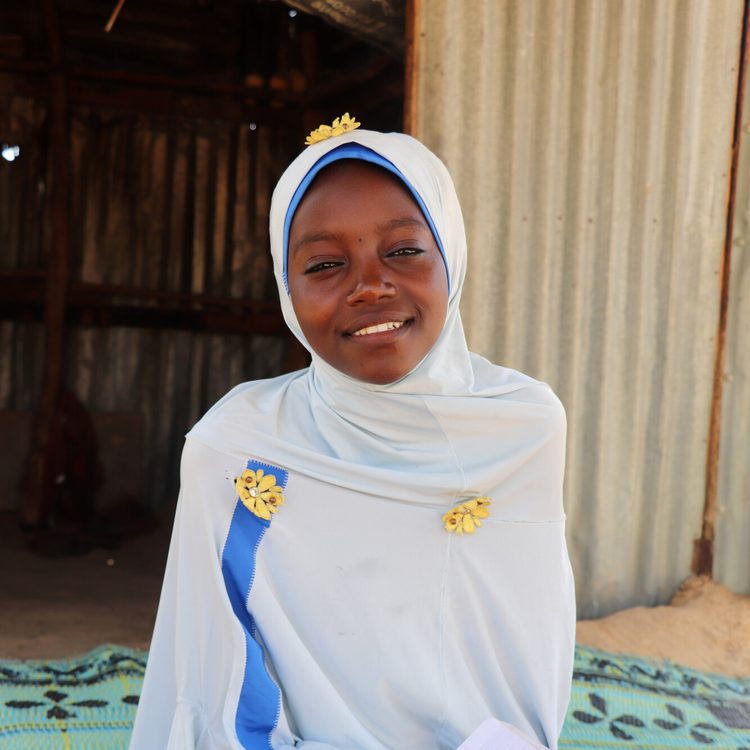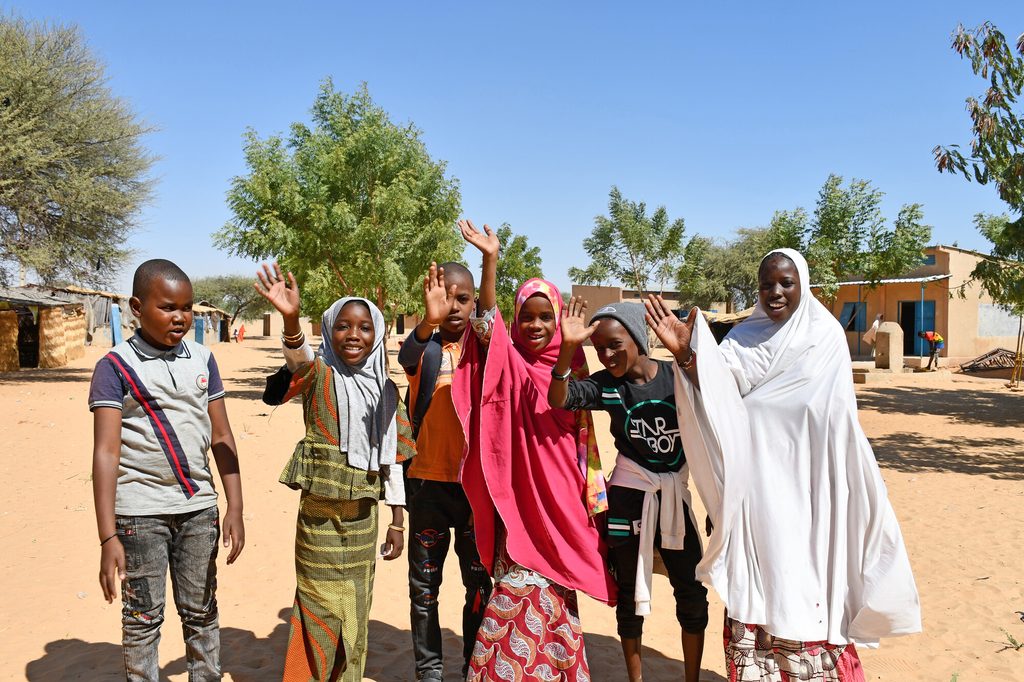Plan urges action on Sudan’s deepening humanitarian crisis
Plan International responds to UN El Fasher report, urging action on Sudan’s deepening humanitarian crisis.
An unprecedented humanitarian crisis continues to course through North-Eastern Nigeria, Cameroon’s Far North, Western Chad and South-East Niger with 11.2 million people in need of humanitarian assistance as of December 2023 according to OCHA.
This complex crisis has resulted in the displacement of more than 3.1 million people. Half of them are children.
Plan International is scaling up its support to the most vulnerable people in the region, in particular children and girls.
The Lake Chad Basin is the site of a complex and protracted humanitarian emergency due to conflict with non-state armed groups, rapid population growth, climate change, and poverty, which together have triggered massive population displacement.
Many affected people are living in desperate conditions without access to food or clean water. Malnutrition rates are alarmingly high. 4 million people are affected by food insecurity, including 2.9 million people in Nigeria according to OCHA.
Conflict-related protection issues are of grave concern. In 2022, 862 grave violations against children, including recruitment into armed groups, abduction, killing and maiming, were verified in the Lake Chad Basin, according to a report of the UN Office of the Special Representative of the Secretary-General for Children and Armed Conflict.

Plan International held programme design consultations with adolescents affected by humanitarian crisis in eight countries, including Cameroon, Niger, and Nigeria.
The adolescents interviewed highlighted what activities and services they would prioritise in the humanitarian response, which barriers they face in accessing services and support, and what should be done to overcome these barriers.
In the Lake Chad Basin, the crisis largely reinforces the violation of women’s and girls’ rights in a context of strong prevalence of harmful traditional practices prior to the crisis.
In Nigeria alone, 601 incidents of sexual violence were recorded in 2021 according to the UN. Girls and women who return to their communities after escaping capture face stigma and exclusion.
Due to the food insecurity, girls and women are forced to move away from their environment to fetch food and earn enough to support their families, exposing themselves to the worst forms of violence.

The Lake Chad Programme Strategy outlines Plan International’s ambition to transform the life of girls and their families in the region. It moves beyond a humanitarian vision towards a full spectrum programme, working at the nexus of humanitarian and development efforts to promote children’s rights and gender equality.
We recognise the importance of meeting humanitarian needs while tackling the developmental deficit to promote children’s rights and gender equality. Moreover, building the resilience of communities is vital to ensure they can cope with and adapt to the significant shocks and stresses they face currently and in the future.
We are responding to the crisis with food and nutrition interventions, educational programming, child-protection and psychosocial services, and livelihood initiatives.
Our child protection interventions include early childhood care and development programmes, child-friendly spaces, and gender-based violence case management, as well as family tracing and reunification, and the establishment and training of community-based child protection committees. To ensure that children continue to access school, we deploy mobile education units.
Plan International continues to coordinate with other humanitarian groups and advocate for access and resources to reach affected populations.
Plan International and partners are calling on donors, governments, the UN, and other humanitarian agencies to scale up their response to the conflict. We are highlighting the need for increased resources to: